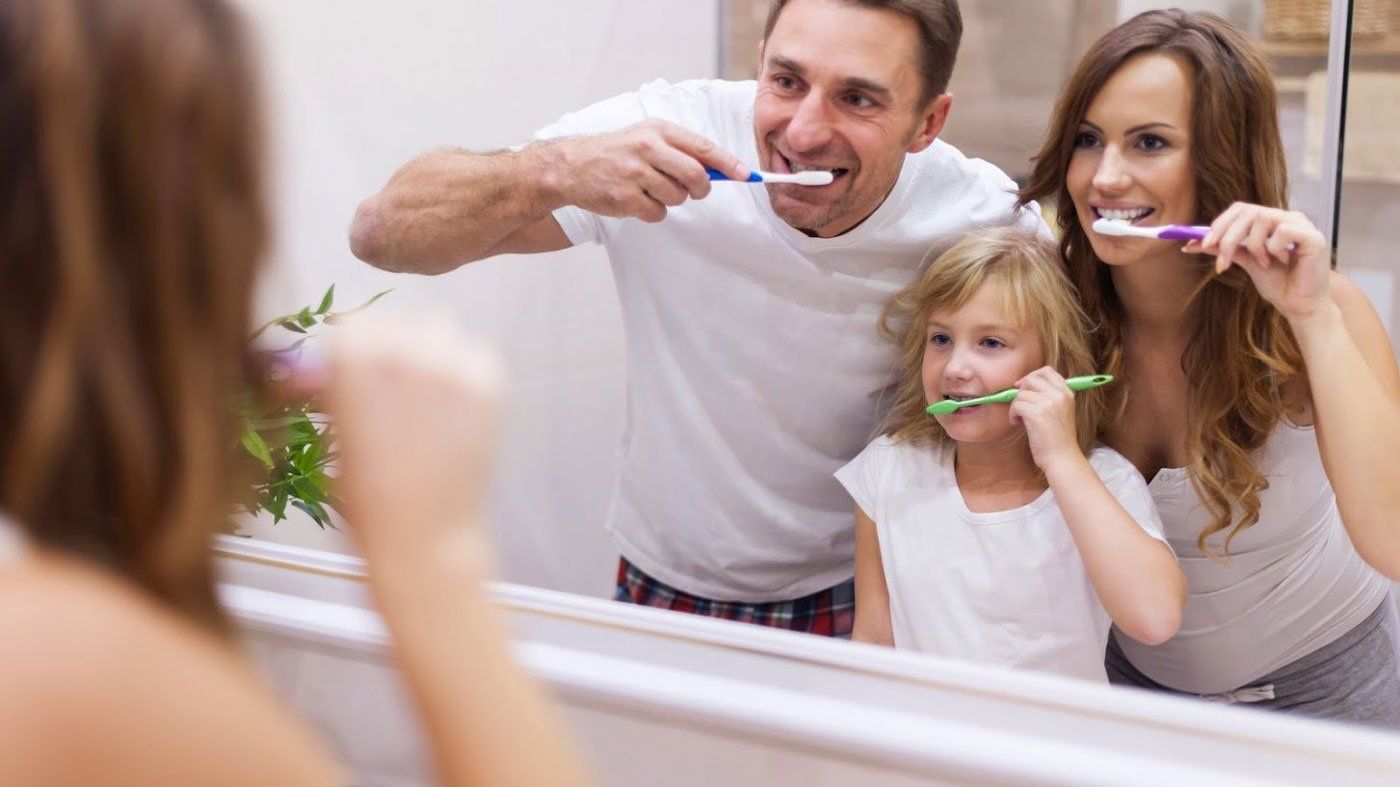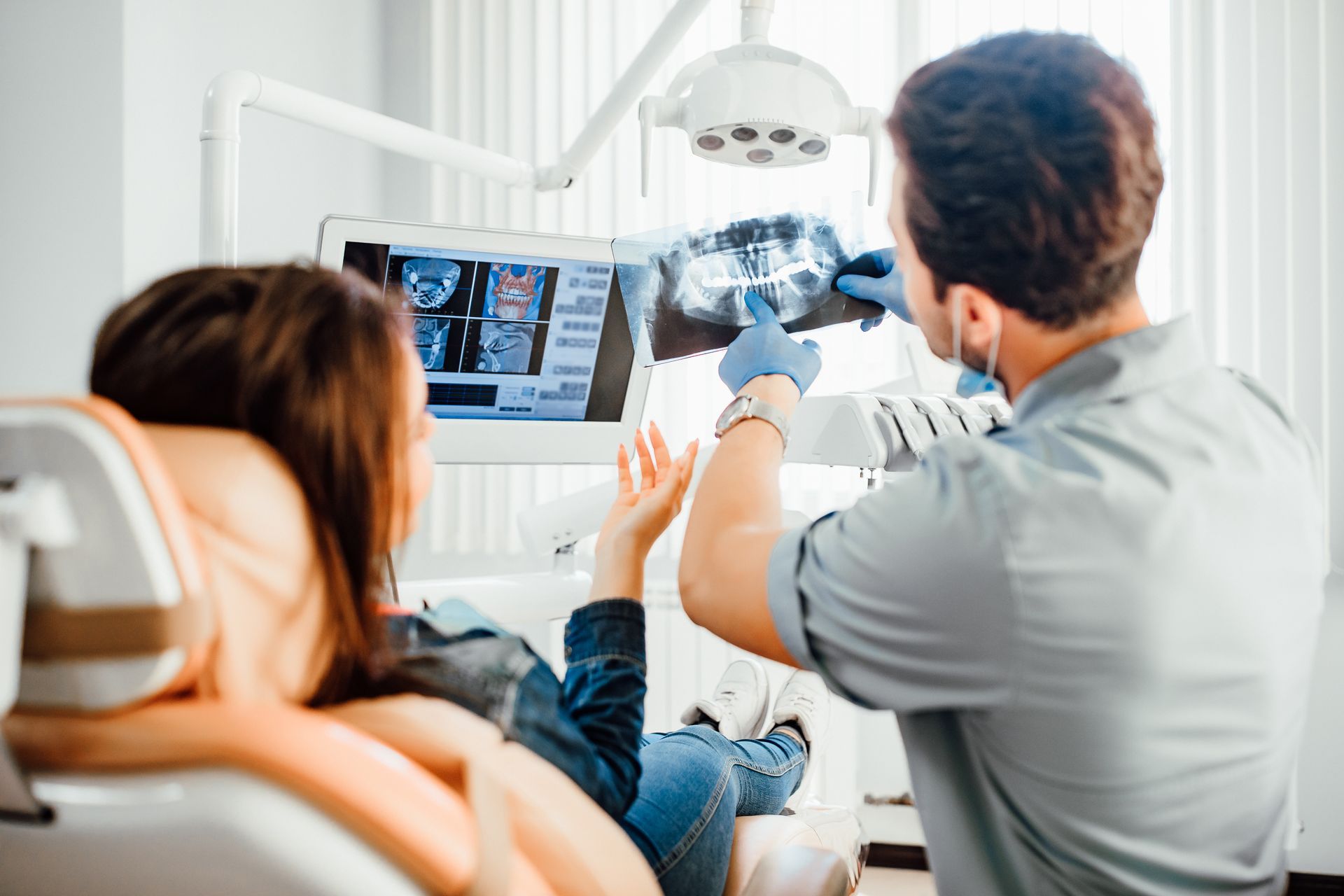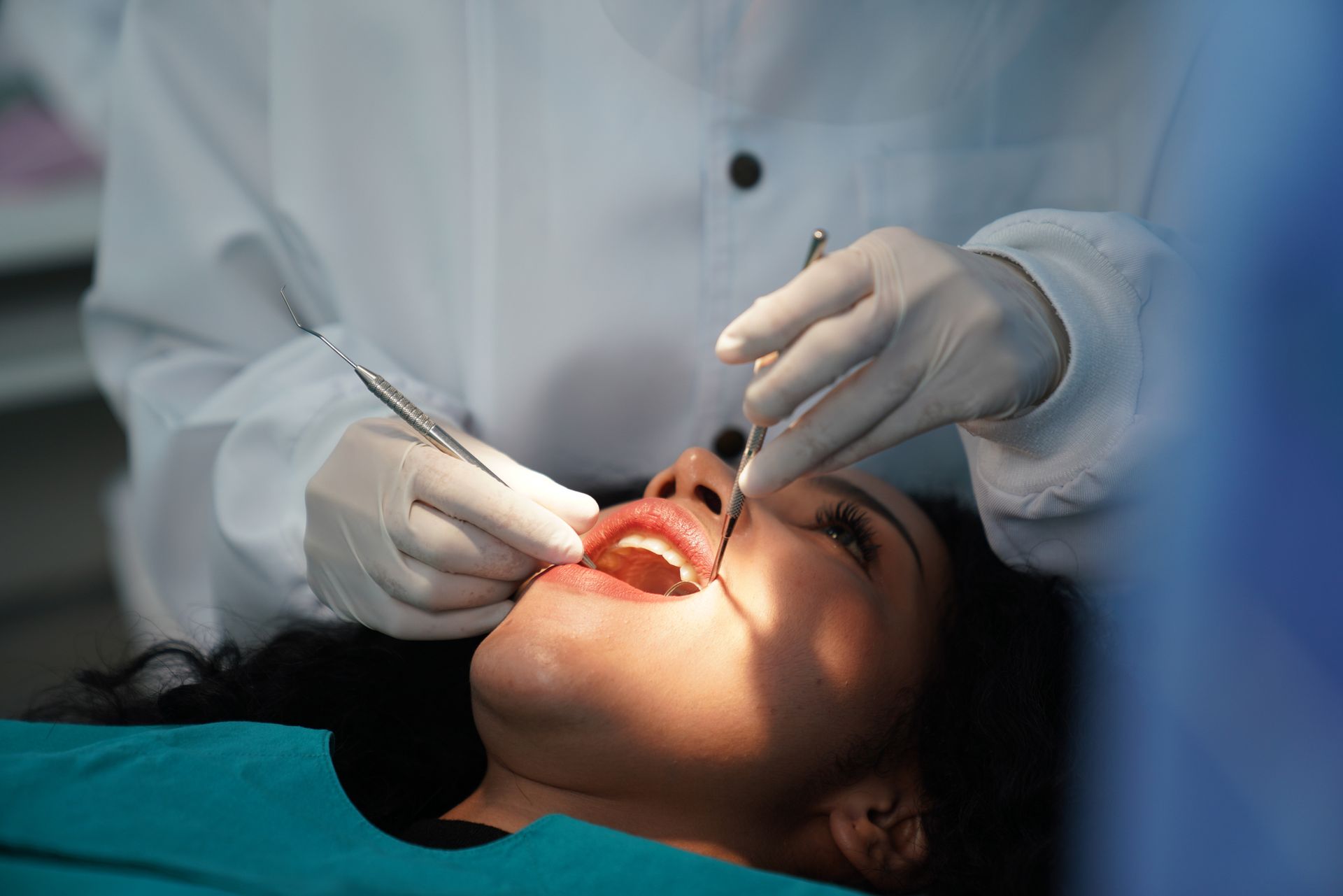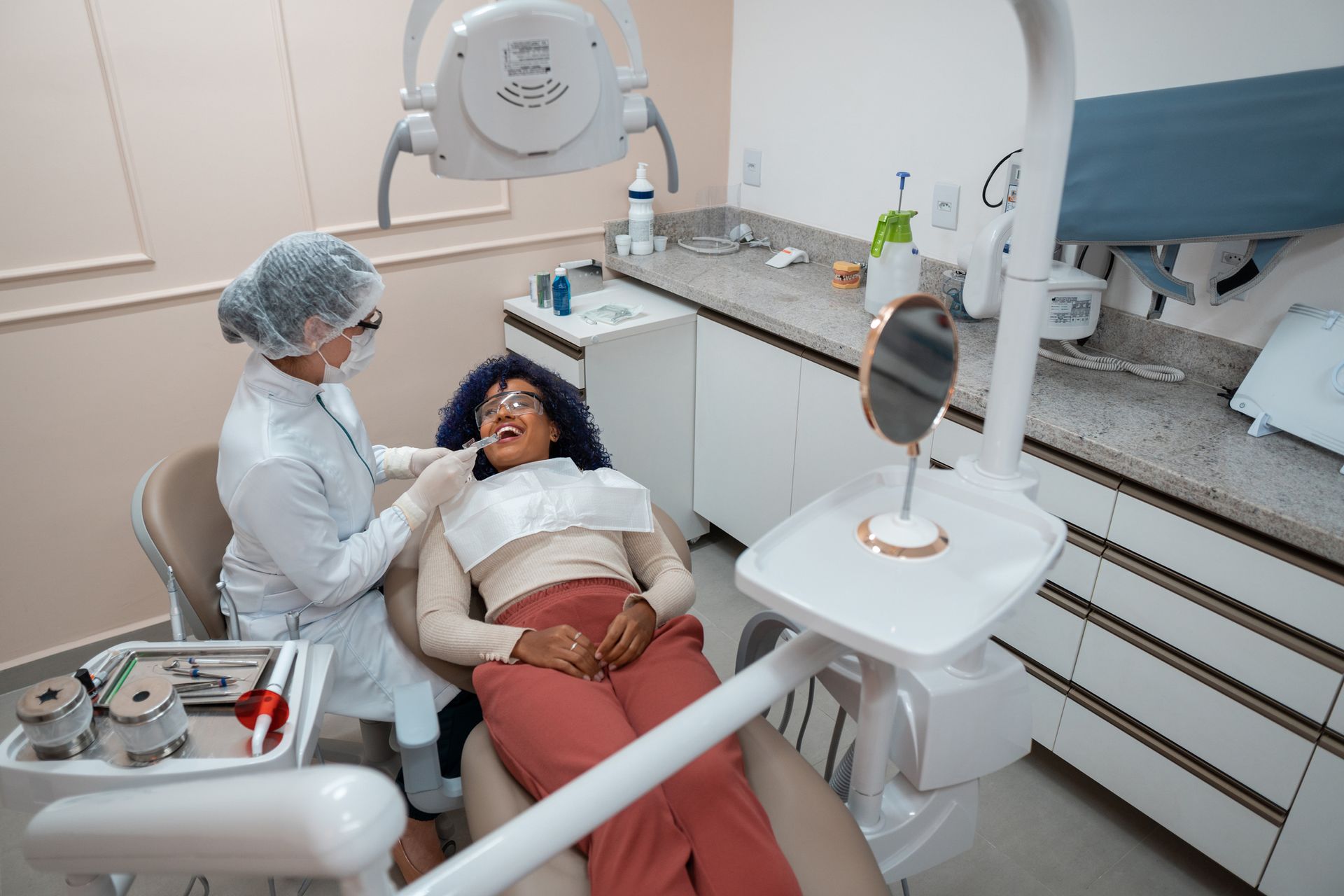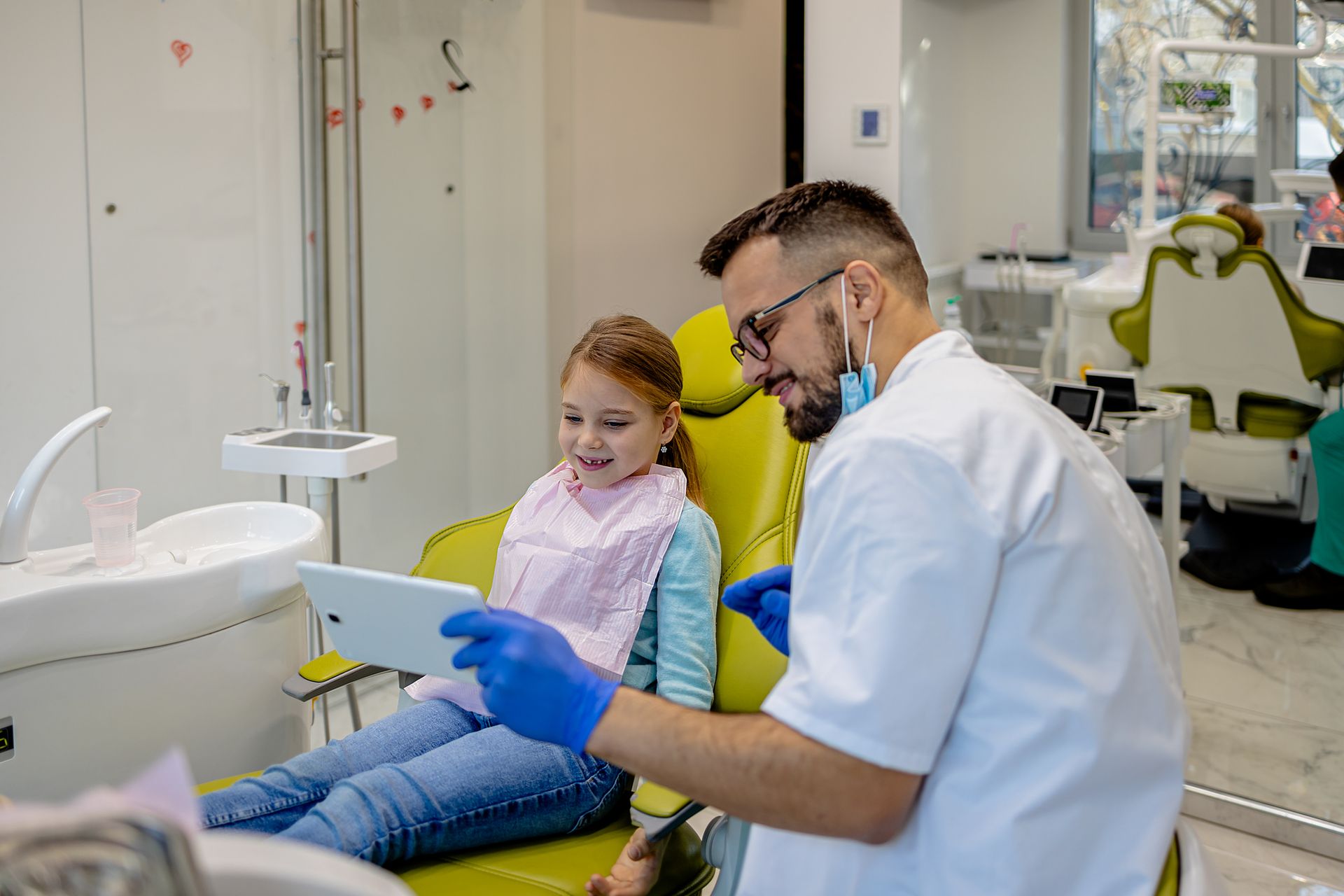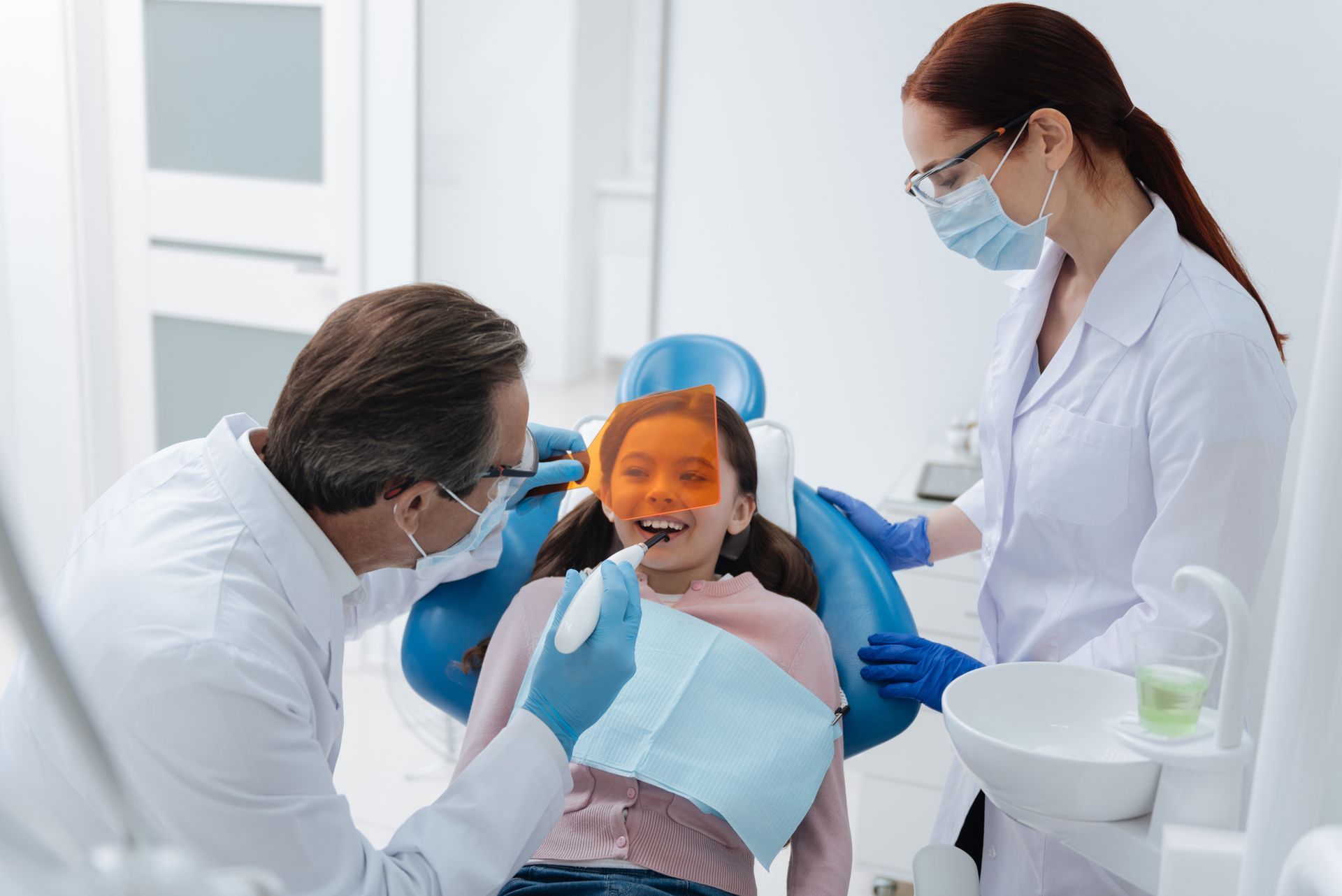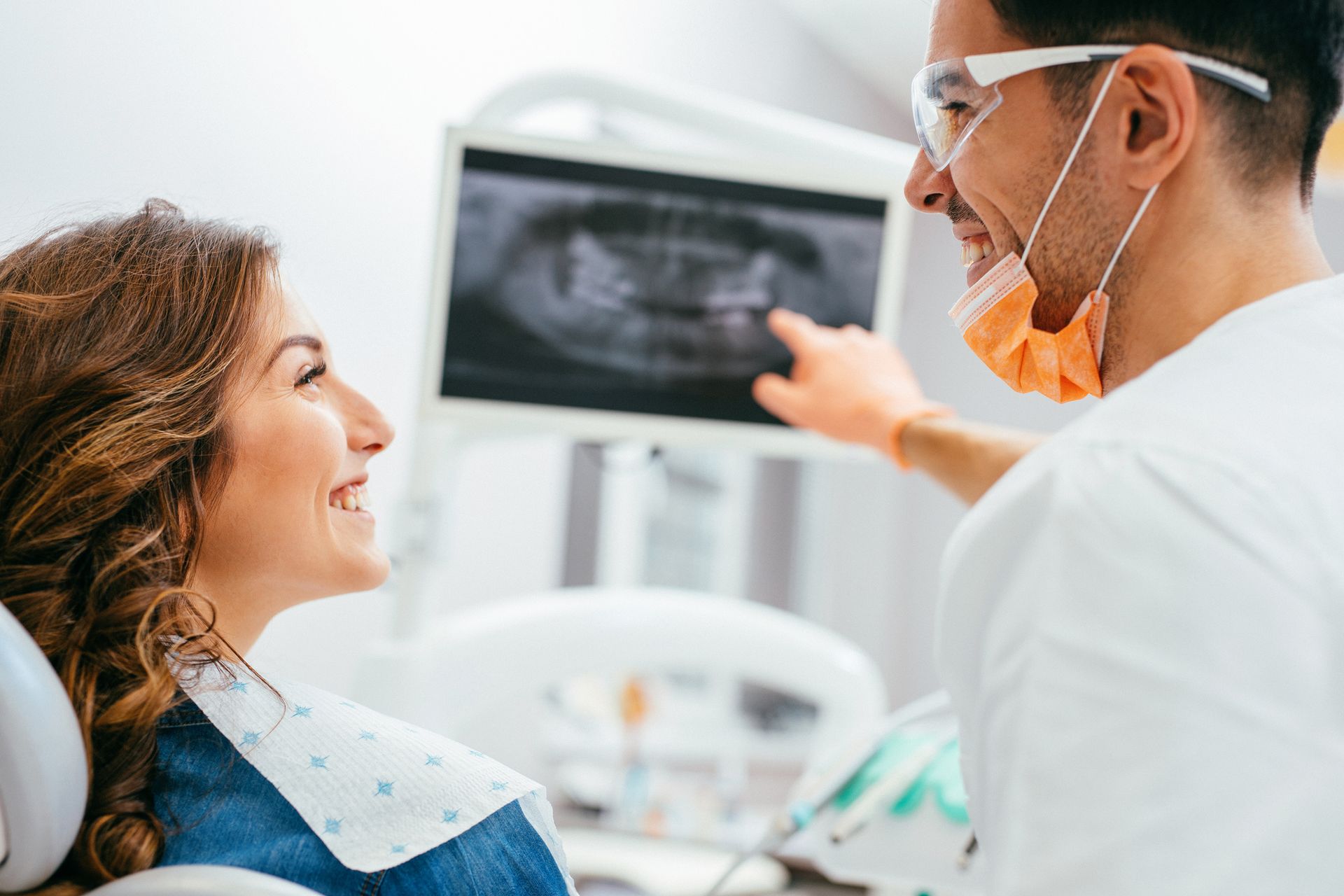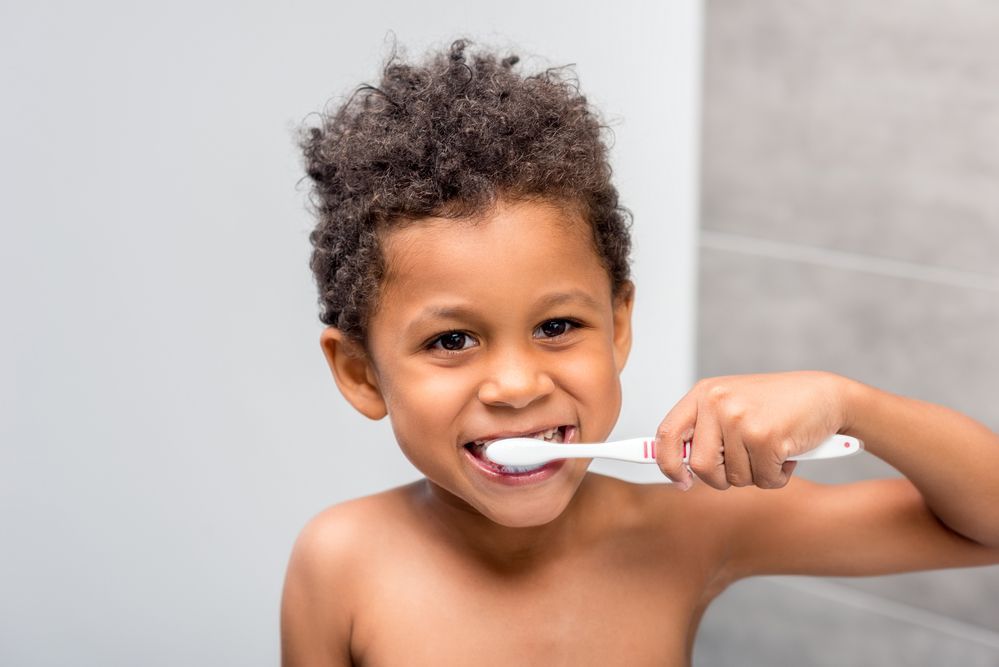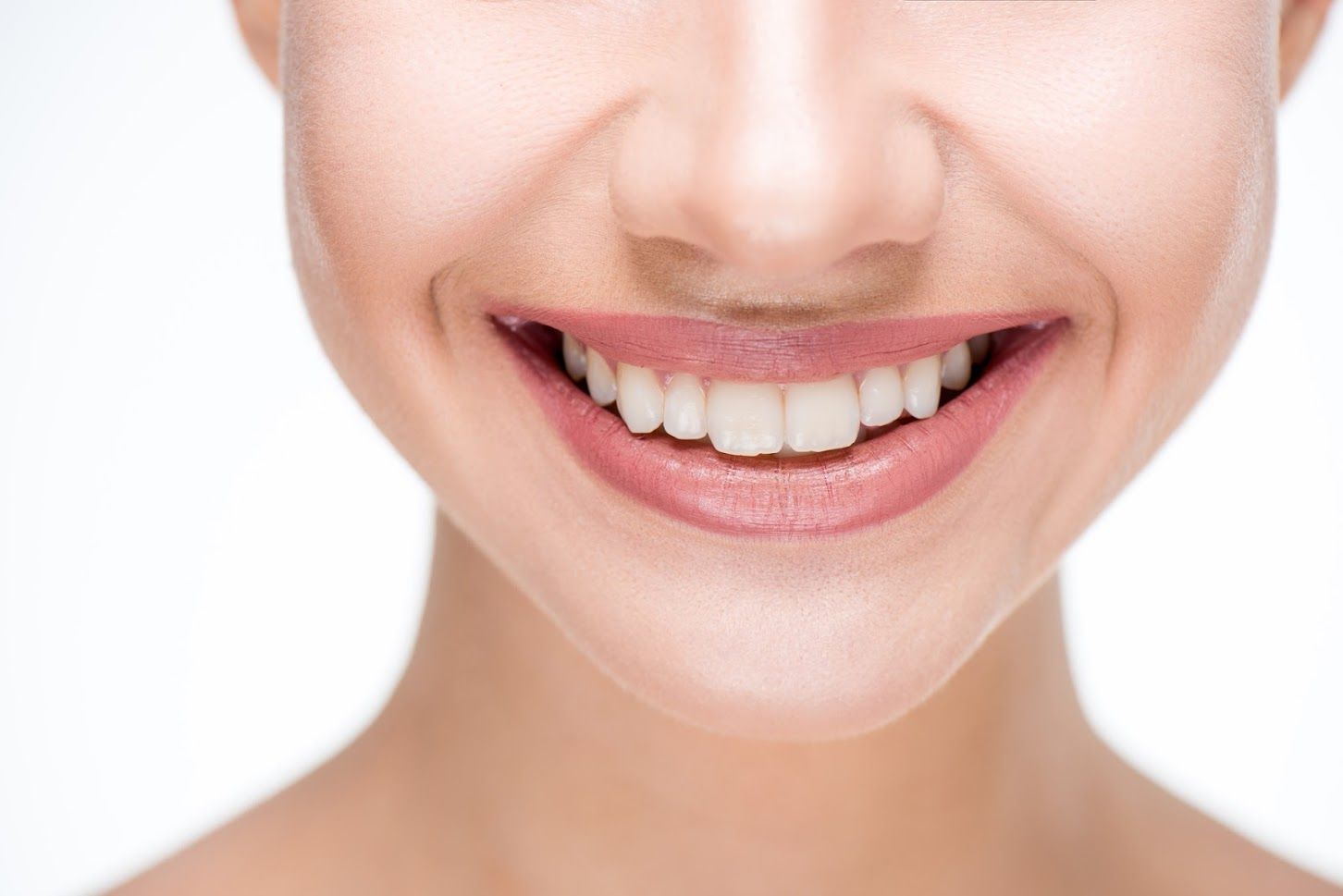4 Tips for Making Your Dental Hygiene More Hygienic
Have you adopted a regular, thorough dental hygiene regimen in your quest to keep your teeth and gums healthy for life? Proper brushing, flossing, and dental care habits can greatly reduce threats from plaque, tartar, and bacteria. However, you render your dental hygiene routine ineffective if you don’t do certain things. Make the most of your dental routine with the following hygiene tips.
1. Clean (and Change) Your Toothbrush
Your toothbrush plays an invaluable role in protecting your teeth by scrubbing away food and plaque that might otherwise attract germs. However, this same action inevitably causes it to accumulate on the bristles over time. If you don't clean your toothbrush, each brushing session may actually re-introduce this material into your mouth.
Any dentist-approved antiseptic mouthwash can serve as your toothbrush's cleaning medium. Soak the toothbrush for up to 15 minutes and then rinse it in water, since more extended exposure can damage the bristles. You can also use white vinegar or a mixture of water and hydrogen peroxide to clean your toothbrush.
No toothbrush lasts forever, regardless of how carefully its owner cleans it. Twisted, worn bristles can't do their job well enough to protect your teeth and gums against disease and decay. Get into the habit of replacing your toothbrush every three to four months. Electric toothbrush heads may need even more frequent replacement.
2. Always Use Clean Flossing Gear
Dental floss can get into tight spaces that your toothbrush can't, making it a powerful and necessary daily aid to your brushing routine. If manual dexterity problems or other obstacles make flossing a challenge, you can also use a water flosser to blast trapped food particles out from between your teeth.
Unfortunately, the improper use of your flossing tools can make your mouth dirtier instead of cleaner. For instance, if you use the same length of floss across multiple teeth, you simply spread germs and debris from one space to the next. Manipulate the floss as you use it so you always have a clean length to work with.
A neglected water flosser may foster mold growth. Since toxic mold can cause a variety of health problems, you'll want to check your water flosser regularly for telltale black discoloration. Clean your water flosser's reservoir and tip periodically with the same kind of cleaning solution you use for your toothbrush.
3. Don't Share Dental Hygiene Tools
If you maintain a full house of family members, you may feel accustomed to sharing practically everything with them, from computers and furnishings to tableware. However, just as you probably wouldn't want to eat from another person's fork at mealtimes, you should also avoid sharing your dental hygiene tools.
Toothbrushes and flossers pick up a variety of germs along with the bits of food or dental plaque they remove from your mouth. If you use another person's toothbrush, you may ingest that material. You might also expose yourself to any blood-borne or saliva-borne diseases that the previous user suffers from.
If you can't easily tell one toothbrush from another in a shared bathroom, buy a fresh set of toothbrushes sporting different styles or colors, assigning each distinctive brush to a different family member. Keep each family member's flossing gear in a separate spot. If you must share a water flosser, make sure everyone uses a different tip.
4. Store Your Toothbrush Wisely
Since you likely want to keep other people's germs away from your toothbrush (and vice versa), it might seem only logical to store your toothbrush safely away in a closed toothbrush cover, medicine cabinet, or other airtight container. However, this strategy can actually backfire by encouraging mold growth on the bristles.
You want your toothbrush to dry out completely between uses. To achieve this goal, hang your toothbrush upright in an open-air holder designed for this purpose. At the same time, make a rule that anyone who uses the toilet must close the lid before flushing (to prevent bacteria from rising up into the air and onto the toothbrush).
Airport Road Dental Associates, PC, can provide you and your loved ones with a wealth of personalized dental health guidance and information. Contact us for an appointment to discuss your specific questions or concerns.

